Civilization Compare - Civilization Analysis Tool
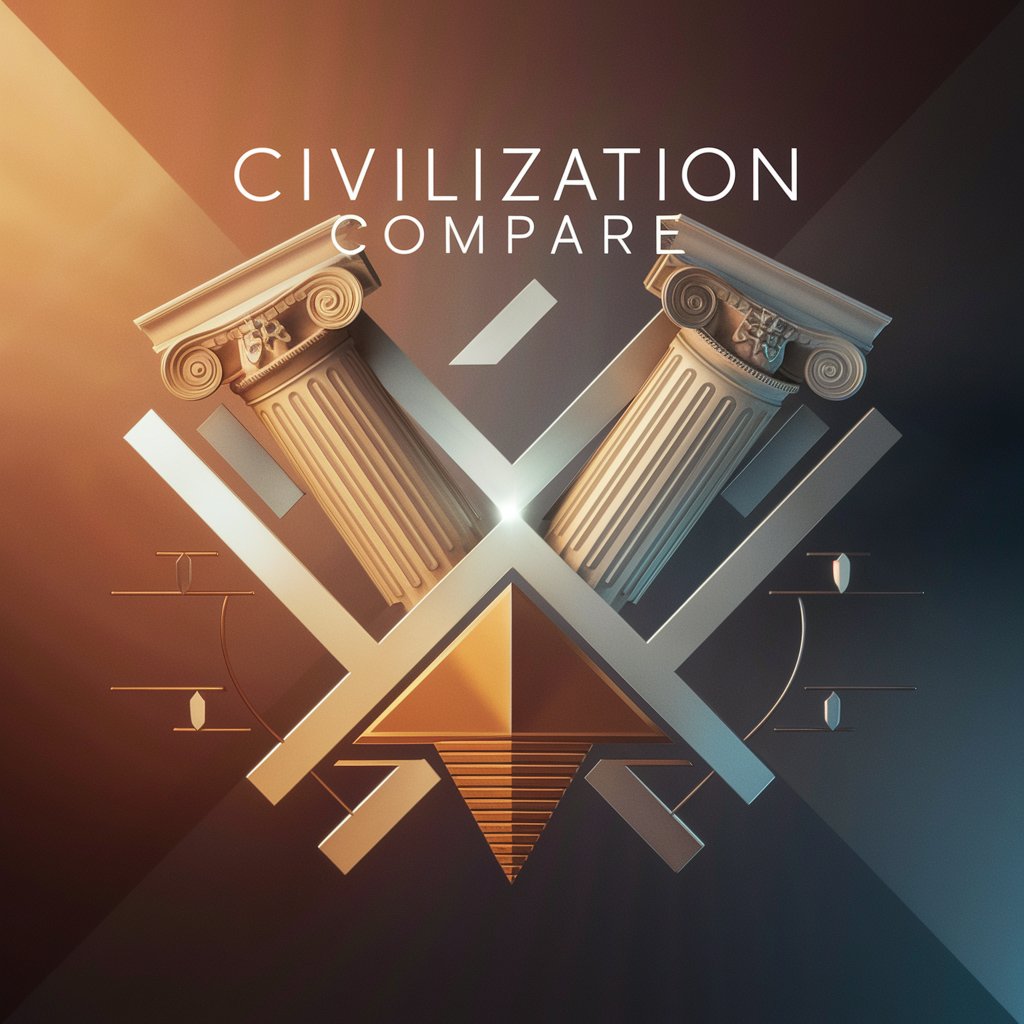
Welcome to Civilization Compare, where history comes alive through detailed comparisons.
Comparing Civilizations with AI-Powered Precision
Compare the political systems of Ancient Rome and the Han Dynasty, focusing on...
Analyze the technological advancements of the Maya civilization versus the Inca civilization in terms of...
Discuss the cultural developments of Ancient Greece and Ancient India, highlighting...
Examine the key historical figures from the Ottoman Empire and the Byzantine Empire, detailing...
Get Embed Code
Overview of Civilization Compare
Civilization Compare is designed as a specialized tool for comparing and contrasting different civilizations throughout history. It is tailored to provide in-depth analyses of civilizations' political systems, cultural developments, technological advancements, and notable historical figures or events. By focusing on direct comparisons, it highlights the nuances and broad strokes that define each civilization's legacy. For example, a user interested in the similarities and differences between the Roman Empire and the Han Dynasty could receive a detailed comparison covering governance structures, military innovations, economic systems, and cultural exchanges. This tool aims to offer a nuanced understanding of how civilizations have shaped and been shaped by their unique contexts, providing insights that are both educational and engaging. Powered by ChatGPT-4o。

Core Functions of Civilization Compare
Comparative Analysis
Example
Analyzing the democratic principles in ancient Athens versus the republicanism of the Roman Republic.
Scenario
A history teacher preparing a lesson on the evolution of political systems could use this analysis to illustrate how different forms of governance operated and influenced society.
Cultural Development Insights
Example
Comparing the Renaissance cultural flourishing in Italy with the Islamic Golden Age's contributions to science, art, and philosophy.
Scenario
A university student writing a thesis on the impact of cultural golden ages on modern science and art could leverage this detailed comparison for a comprehensive understanding of each period's legacy.
Technological Advancement Comparisons
Example
Contrasting the technological innovations of the Industrial Revolution in Britain with those of the Meiji Restoration in Japan.
Scenario
An author writing a book on the global impact of industrialization might use these comparisons to highlight different paths to modernization and industrial growth.
Target User Groups for Civilization Compare
Educators and Students
Educators looking to enrich their curriculum with comparative history content and students seeking to deepen their understanding of world history through direct comparisons of civilizations. This tool can provide valuable insights for classroom discussions, research papers, and exam preparation.
Historians and Researchers
Academic professionals and historians conducting research on specific civilizations or historical periods. They can use Civilization Compare to explore nuanced differences and similarities between cultures, aiding in the development of comprehensive research papers or books.
General History Enthusiasts
Individuals with a keen interest in history who wish to explore the intricate details of how civilizations have evolved over time. This tool offers an engaging way to understand the interconnectedness of human development across different eras and regions.

How to Use Civilization Compare
Begin Your Journey
Start by visiting a platform offering Civilization Compare for an initial trial, accessible without the need for login or a premium subscription.
Choose Your Civilizations
Select two or more civilizations you're interested in comparing. Use the search or browse feature to find civilizations based on time period, region, or specific characteristics.
Specify Comparison Criteria
Define the aspects you wish to compare, such as political systems, cultural developments, or technological advancements, to tailor the comparison to your interests.
Analyze the Results
Review the detailed comparison provided, which includes side-by-side analysis, highlighting similarities, differences, and unique contributions of each civilization.
Explore Further
Utilize the tool's resources for deeper insights, including primary sources, historical texts, and scholarly articles, to expand your understanding beyond the initial comparison.
Try other advanced and practical GPTs
Prompt Architect
Crafting AI prompts, refined.
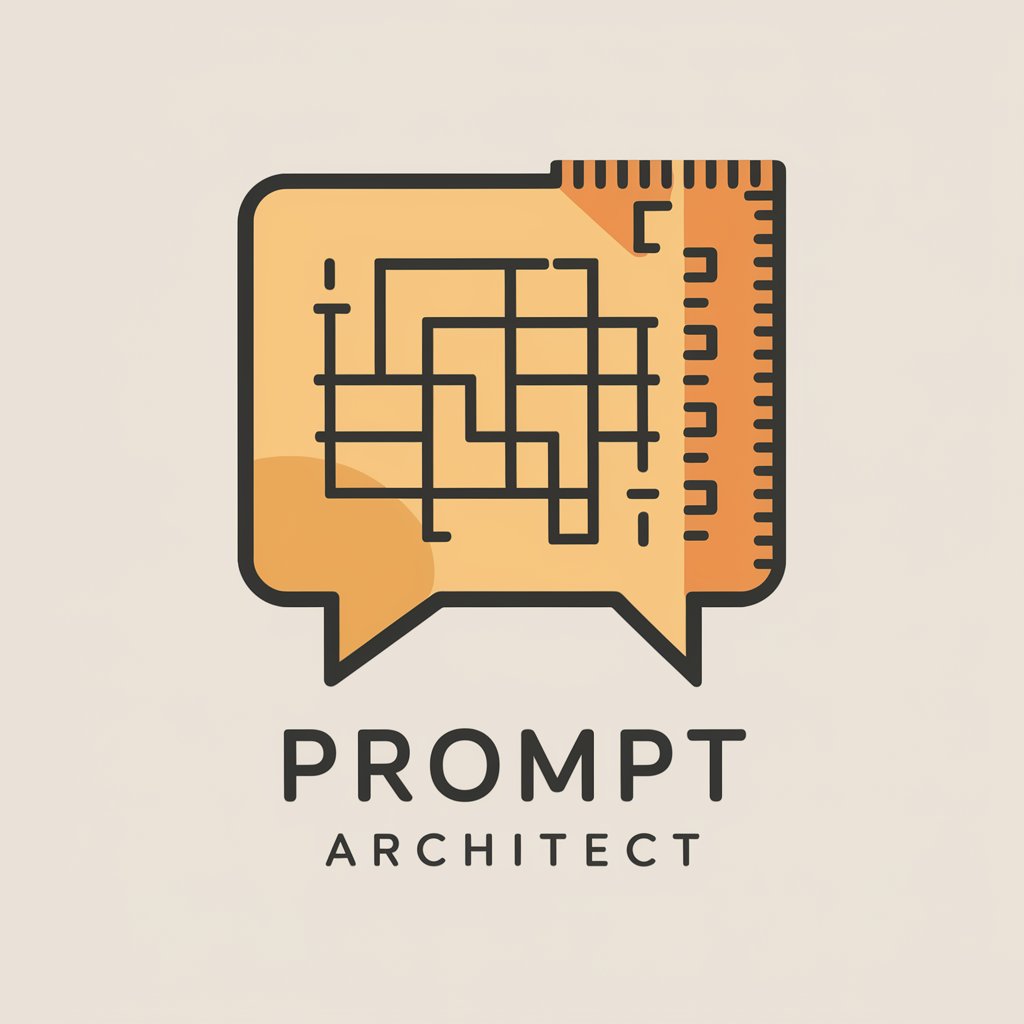
Role Play
Craft Your Adventure with AI
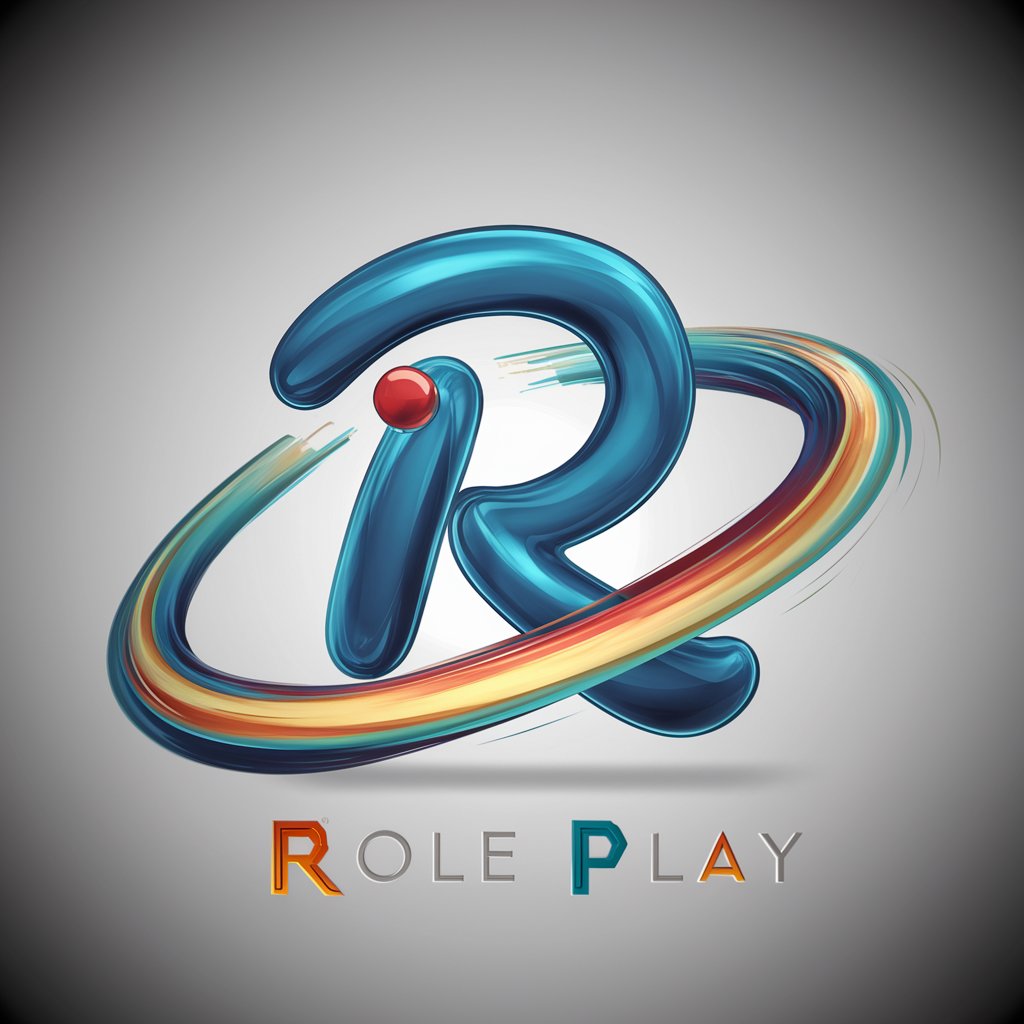
Anime GPT
Bringing Anime Dreams to Life with AI
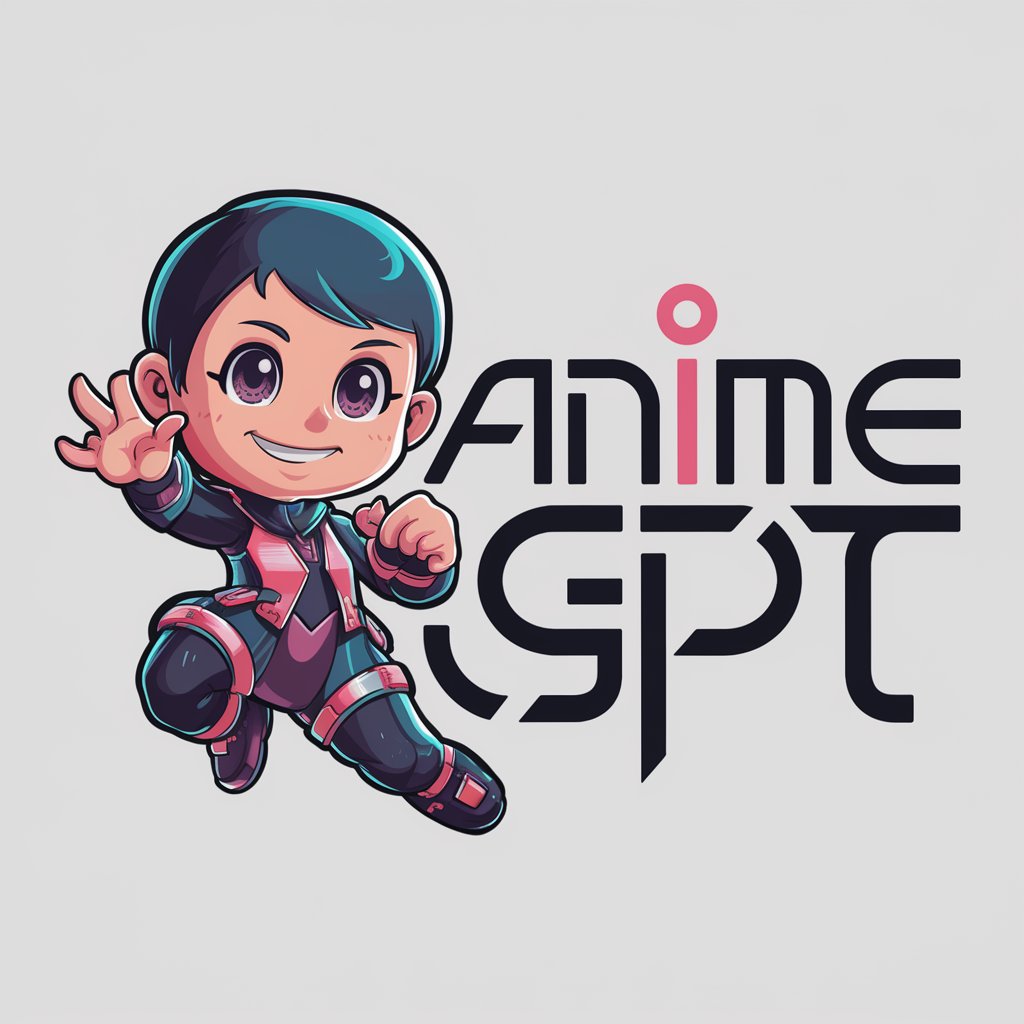
AI Excel Macros Wizard
Empowering Excel Automation with AI

El BlueNote
Empowering Jazz Journeys with AI

Adventure With Gandalf
Embark on a journey through Middle-earth with Gandalf

Piadista Esperto
Bringing laughter with AI-powered humor

Mary /Finance
Empowering Your Financial Decisions with AI

Veteran's Guide
Empowering Veterans with AI-Powered Guidance
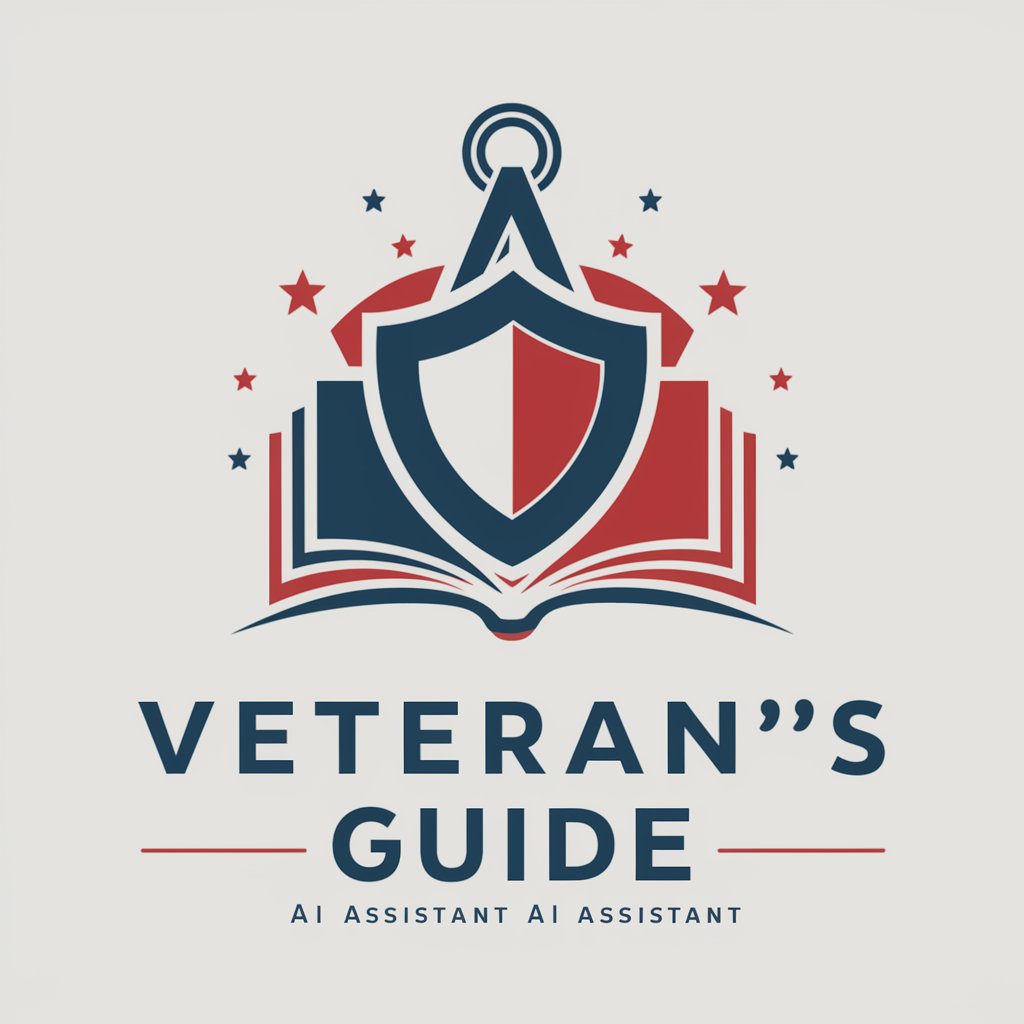
Plant Doctor
Empowering Green Thumbs with AI

universal Music Downloader
Discover and download music effortlessly with AI.
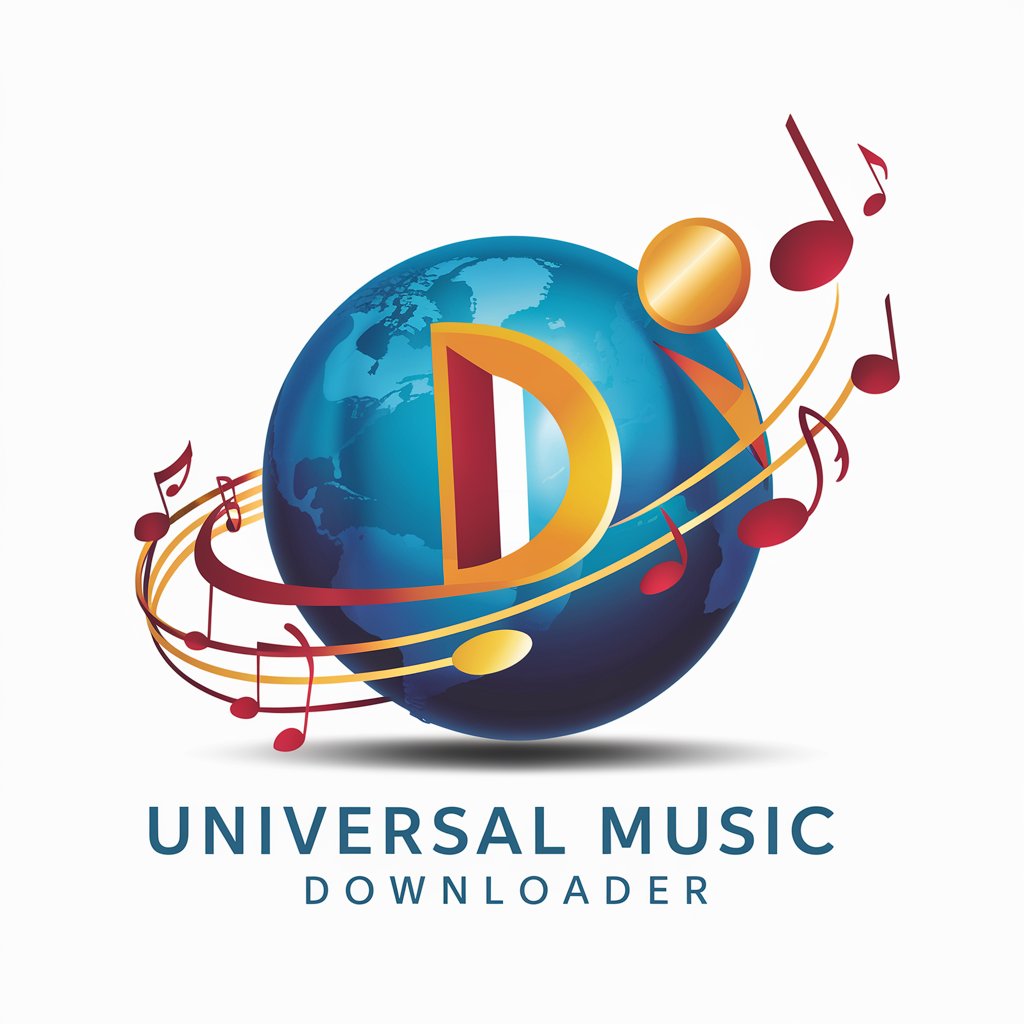
v-Lawyer | AI Legal Assistant & Law Tutor 👩⚖️🌟
Empowering legal tasks with AI precision.

FAQs about Civilization Compare
What is Civilization Compare?
Civilization Compare is a specialized tool designed to provide detailed comparisons between different civilizations across various aspects such as political systems, cultural developments, and technological advancements, using an extensive database of historical data and scholarly research.
Can I compare more than two civilizations at a time?
Yes, Civilization Compare allows for the comparison of multiple civilizations simultaneously, enabling a broader analysis of historical developments and influences across different cultures and time periods.
How does Civilization Compare handle speculative history?
The tool sticks strictly to well-documented facts and historical consensus. When information is limited or speculative, it clearly indicates this, ensuring that the comparisons remain grounded in credible scholarship.
Can I use Civilization Compare for academic research?
Absolutely. Civilization Compare is an invaluable resource for students, educators, and researchers, offering detailed, accurate, and objective comparisons that are well-suited for academic writing, presentations, and in-depth study.
Is there a way to request a new civilization or topic comparison?
While Civilization Compare is built on a comprehensive database, users can often suggest new civilizations or comparison criteria for future updates, enhancing the tool's utility and coverage over time.
